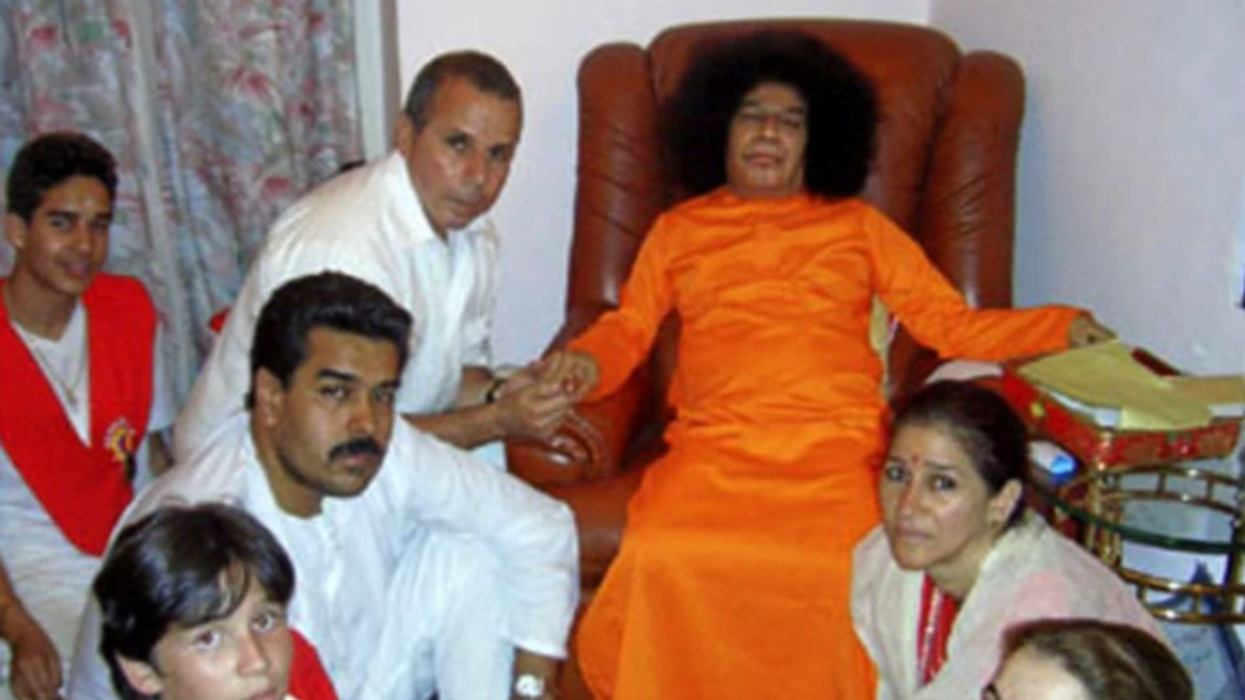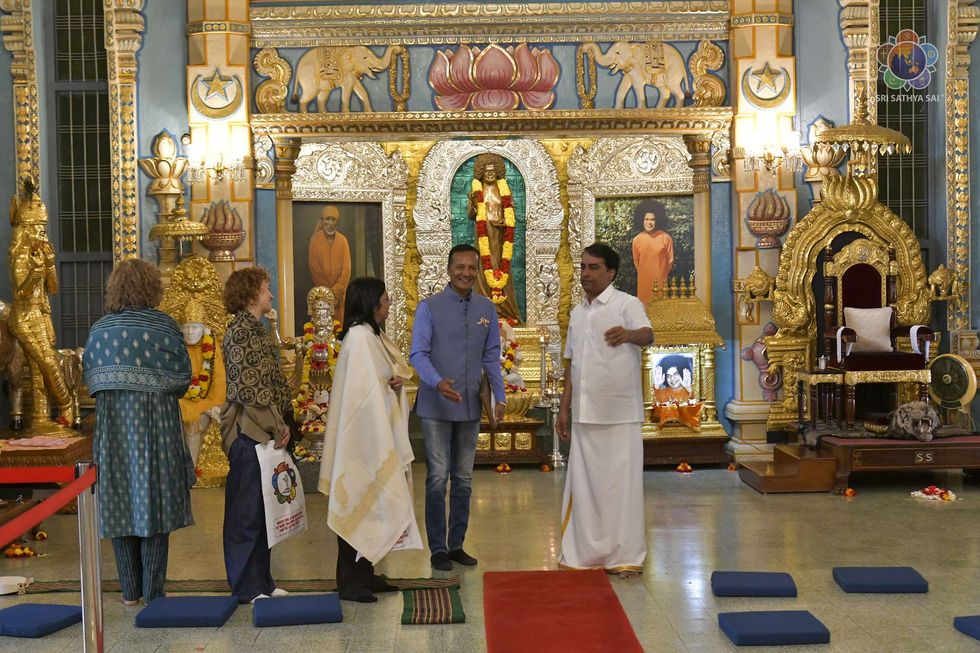by LAUREN CODLING
AN EQUALITIES campaigner who has written a book on racism hopes that by the time his grandchildren read it, its contents would be outdated to that generation.
Patrick Hutchinson’s Everyone Versus Racism describes the realities of life as a black man in modern society. It reveals his personal experiences with racism and also explores unconscious bias as well as racial discrimination.
Written co-operatively with Sophia Thakur, an award-winning poet and author, the biography is described as a “poignant letter to (Hutchinson’s) children”. Hutchinson rose to prominence after a photograph of him saving the life of a counter-protester during a Black Lives Matter (BLM) rally went viral.
“In 30 years, I’d love my grandchildren to read (the book) and not recognise the times I am talking about,” the father-of-four told Eastern Eye. “I have to believe that we are progressing, because otherwise it’s like, why bother? You have to have that belief. There’s been improvements now from when I was growing up, so why not when they are older?”
Hutchinson was approached to write the book soon after he was pictured carrying an injured white man during a BLM demonstration in June in London. The man was part of a counter-protest against the rally, which had erupted after a black man, George Floyd, died in police custody in the United States in May.
Hutchinson was hailed as a hero for saving the life of the man, who had been caught up in a violent scene in central London. The image of Hutchinson was shared and discussed around the world, and regarded as a defining moment of the BLM movement.
Reflecting on the experience, he believes the photograph became a “symbol of unity”, showing one human being helping another. “What makes it so powerful is regardless of what (the counter-protester) might think of what we’re out there protesting about or what he may even think of me, we just wanted to make sure that he was okay,” Hutchinson explained. “We wanted to make sure he wasn’t harmed, and in the process, keep the positive narrative of the BLM movement alive.”
He added: “We’re breaking down walls and stereotypes that some individuals have of us, because we’re not the people that they seem to think we are.”
Since the incident, Hutchinson has never heard from the counter protester whose life he saved. In the book, he writes that people expect him to be disappointed by this. “Even when I try to be, I just can’t,” the 49-year-old said. “The reason his life was saved wasn’t for a photo opportunity or for white people to change their tone with us black men. It would be nice if they did, but in the heat of such a wild moment, the only thing I wanted to achieve was his survival.”
Hutchinson faced racism “frequently” as a child while growing up on a council estate between Battersea and Clapham in south London. His first memory of racism is at nine-years-old when he was targeted by a group of football hooligans. They taunted Hutchinson and pushed him off his bike.
Hutchinson was later told by a friend (who was white) that the gang had picked on him because of his skin colour. “My friend told me they were racist and that was the first time I ever heard the term,” he recalled. “That was the first time I experienced someone hating me because of the colour of my skin and that stuck with me for a while.”
Although the face-to-face abuse has lessened in his adult years, Hutchinson believes racism has become more covert. “It’s all built into the fabric of society,” he said, noting that black people are more likely to experience discrimination when applying for jobs or mortgages.
Hutchinson acknowledged he has not experienced this to the same degree as others, as his name is “the same as many white guys”. “Another person who has a different name that clearly shouts out that they’re black may not have the same experience on paper as me, for example,” said Hutchinson, who works as a personal trainer and a children’s athletics coach.
Part of his motivation in writing the book came from his hope to help widen the understanding of the struggles faced by black people. Hutchinson would like to see people come together, standing on one side together rather than apart. “Let’s change society and make it fair for everybody,” he said. “That’s where I’m coming from (with the book).”
However, Hutchinson is keen to emphasise the book is not intended to criticise white people. “I just want people to understand and put themselves in my shoes.”
Everyone Versus Racism: A Letter to My Children is out now





 Delcy Rodríguez visited Prasanthi Nilayam on October 26, 2024, to pay her obeisances to Sai Baba. (Photo credit: Sri Sathya Sai Media Centre))
Delcy Rodríguez visited Prasanthi Nilayam on October 26, 2024, to pay her obeisances to Sai Baba. (Photo credit: Sri Sathya Sai Media Centre))





